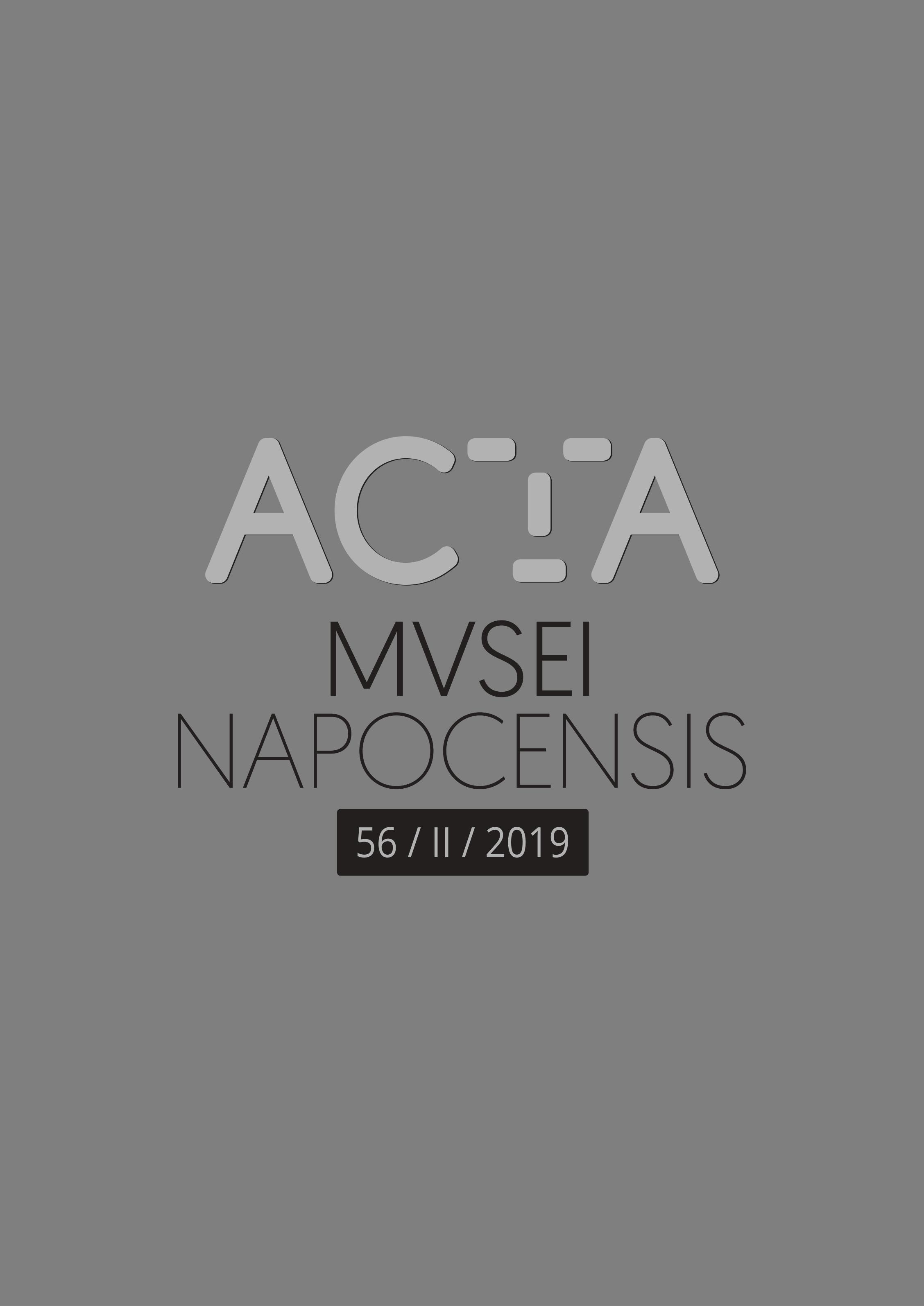Data on the Egyptian Collection of the National Museum of Transylvanian History. The Contribution of Baron Balázs Orbán to the Creation of the Egyptian Collection of the Cluj History Museum
Data on the Egyptian Collection of the National Museum of Transylvanian History. The Contribution of Baron Balázs Orbán to the Creation of the Egyptian Collection of the Cluj History Museum
Author(s): Melinda MituSubject(s): Cultural history, Local History / Microhistory, Social history, Modern Age
Published by: Editura Mega Print SRL
Keywords: Balázs Orbán; Near East; Transylvanian Museum Society; Szeklerland;
Summary/Abstract: This paper aims to highlight the contribution of the famous Hungarian historian and ethnographer of Szekler origin Balázs Orbán, born in the village of Polonița, near Odorheiu Secuiesc, to the establishment of the Egyptian Collection of the Cluj History Museum, in the second half of the nineteenth century. Baron Balázs Orbán is best known for his main work, A Description of Szeklerland, published between 1868 and 1873. Its six volumes represent a genuine encyclopedia of the region. Balázs Orbán was a prominent intellectual of the era in which he lived – he was a writer, historian, ethnographer, a corresponding member of the Hungarian Academy (since 1887), politician in the Independent Party and a participant in the 1848 revolution. He had an adventurous life, reminiscent of the romantic novels of Jókai Mór or Victor Hugo. To the latter Balázs Orbán was linked by a beautiful friendship, largely due to their shared belief in the liberal and democratic ideas of the era in which they lived. This paper aims to present the years spent by Balázs Orbán in the Orient, as well as the cultural fruits of this period. In his youth, at the age of only 19, the future Hungarian scholar made a trip for several months to the Near East. On this occasion, he acquired a series of valuable Oriental artifacts, which he later donated to the Transylvanian Museum Society, the prestigious Transylvanian cultural institution founded by Count Imre Mikó in 1859, whose collections are preserved today in the heritage of the National Museum of Transylvanian History in Cluj-Napoca.
Journal: Acta Musei Napocensis. Historica
- Issue Year: 56/2019
- Issue No: 56
- Page Range: 57-72
- Page Count: 16
- Language: English

